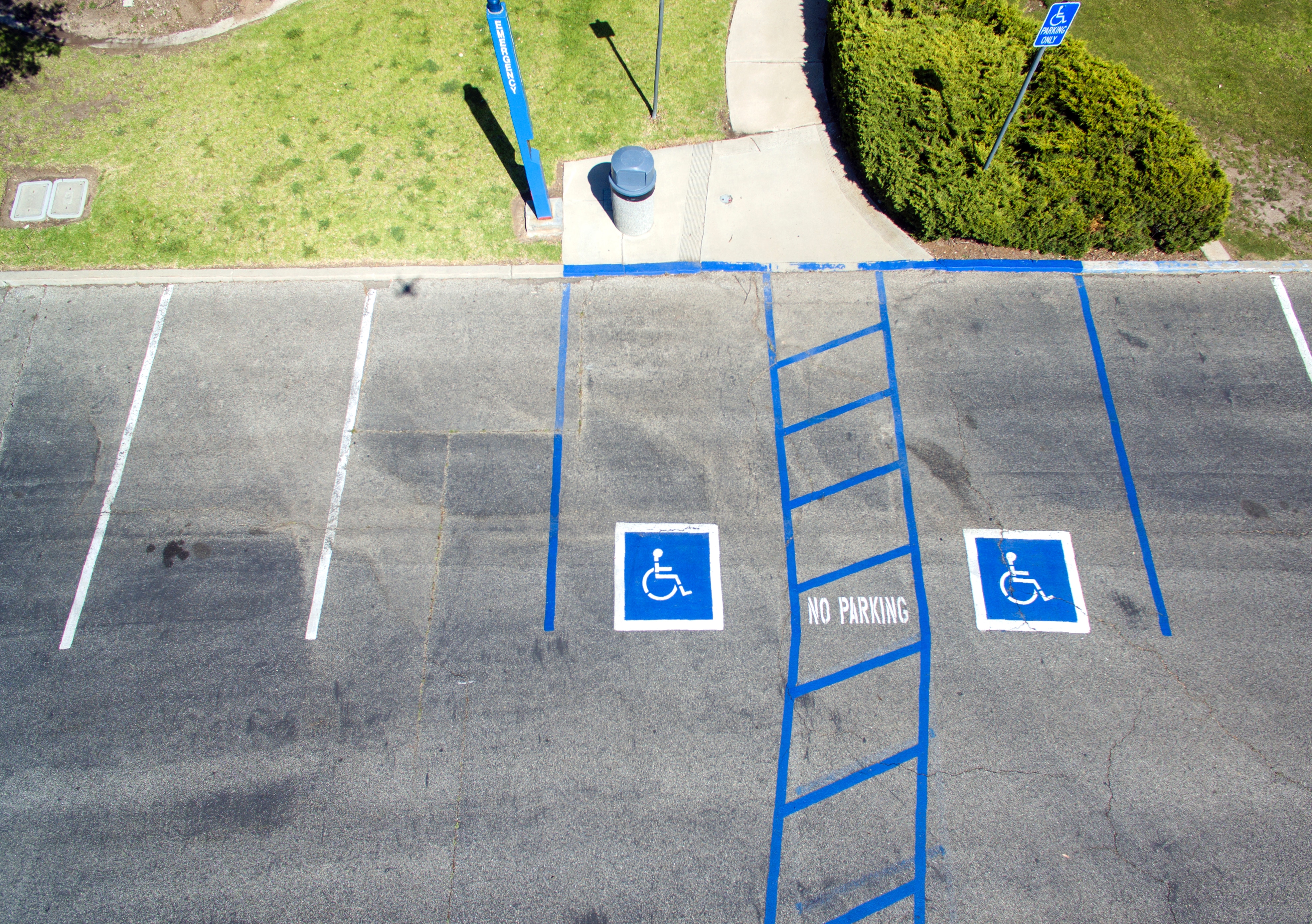Adapting Business for Accessible Travel

In a perfect world, all buildings and activities would be built from scratch with accessible travel in mind – they’d be easy to use for every person regardless of individual ability. However, we don’t live in a perfect world, most existing buildings were not established with this in mind, and no two person’s needs and abilities are the same. So where do we begin to make changes that allow all travellers the opportunity to enjoy facilities and do the things they want to do? While it may be impractical or unaffordable to completely renovate an entire building in one go, with a bit of research into standards for universal access, and enlisting practical guidance from those who understand accessibility challenges, it may be possible to implement small changes that significantly enhance accessibility.
Adapt Current Facilities
Start by taking a walk through your establishment, from the moment a would-be traveller arrives at your gate and ask yourself the following questions:
- Does the entrance gate require a person to leave their vehicle to open it or ring the bell? If so, can you install an intercom on an arm within reach of the driver’s window? If not, you could display a contact number where they can phone on arrival for assistance.
- Where are your parking bays? Are they wide enough for guests to get out of the car and into a wheelchair? Can they get from their car to your entrance without obstacles or uneven terrain?
- How do guests access the building? Are there stairs? Can you build a ramp?
- Can you rearrange furniture to allow easy movement throughout? Are there loose mats that pose a hazard that you can remove? Sometimes access is this simple.
- Are your bathrooms big enough to allow wheelchair access? Can you install grab rails?

Access to Information
Your website is your shop window for travellers. Make sure it provides substantial information for people who have a bit more to consider when planning a holiday. Transparency is essential – the more photos you display, the better. Travellers with disabilities are more likely to book if they can assess the facilities available and make a decision as to whether their individual requirements are met. For example, some wheelchair users require front access to a toilet, while others need access from the side. List the accessible features that are available, but also disclose information on what may pose a challenge to some guests. Each traveller’s needs are different and what may be impossible for one person using a wheelchair, may be manageable for another.
Staff Education and Training
The most common challenges stem from a lack of awareness, information and understanding of the needs of a traveller with a disability. Consider organising a workshop for staff on preparing facilities and interacting with guests of all abilities. A staff staff member who can use sign language, and having Braille information sheets available, for example, are just some aspects to consider. Universal access is not limited to people using wheelchairs – it includes facilities for travellers who are visually impaired, hearing impaired, mentally challenged, the elderly, and parents with babies in prams.
These are some basic guidelines for staff when interacting with travellers with disabilities:
- When the booking enquiry is made, ask if there are any specific requirements and advise of any known access challenges. While a small step at an entrance is manageable for some, it will be impossible for others. Don’t make the assumption that your “big strong staff members” can help lift a wheelchair – not every guest is comfortable with that. Other examples include if there is a different entrance for wheelchair users, or if a guest needs to bring their own shower seat, let them know in advance.
- Offer assistance but don’t take over unless asked to. Rather ask first if they would like their bags carried to their room, rather than just unpacking the car.
- Stay near enough to be available if help is requested, or let guests know where to reach you.
- Don’t ignore the person with the disability and speak to the carer / spouse / parent as if that person is incapable of understanding – if questions are meant for them, ask them directly.
- Don’t push a wheelchair without being asked for assistance.
![]()
Preparing Accommodation Before Arrival
- Adjust the shower head height before arrival if this is possible.
- Remove all loose mats before check in. These may pose mobility hazards for wheelchair users and the visually impaired.
- Ask if you can escort them to their room to assist if any furniture needs to be rearranged.
Test Your Facilities
Invite travellers with disabilities to experience your facilities and provide feedback so that you can improve and adapt. It helps you as a service provider to understand how guests use your facilities, what works and what doesn’t. This is valuable in submitting accurate information to future guests. Currently in Cape Town and surrounding towns, our Accessible South Africa team are available to conduct assessment visits and provide comprehensive feedback reports to assist establishments in this regard.
Become an Ambassador for your City
If a guest is visiting your facility, they are most likely going to want to explore other places in the area as well. Our role does not stop at our own services, in this industry we all become ambassadors, travel agents and information bureaus. It is important to know what other establishments are accessible to extend our warm hospitality to our guests’ overall experience in our city.

“The journey of a thousand miles begins with a single step”
Lao Tzu
